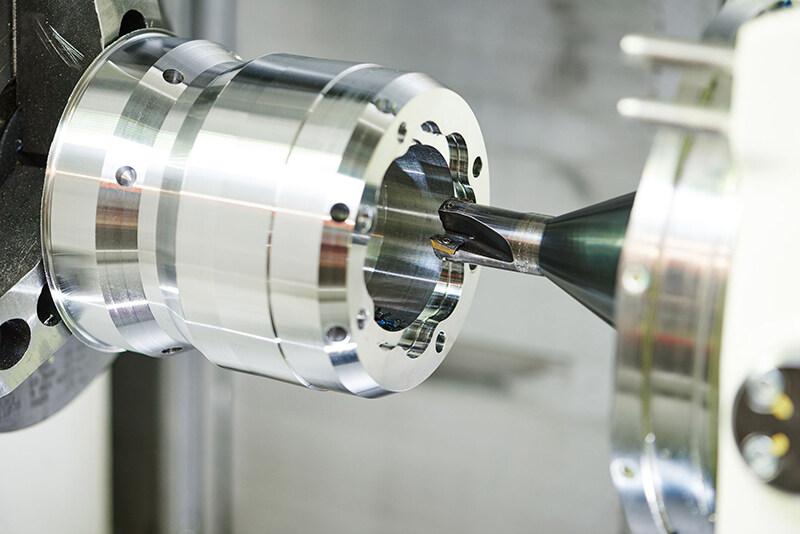E-poçt formatında xəta
emailCannotEmpty
emailDoesExist
pwdLetterLimtTip
inconsistentPwd
pwdLetterLimtTip
inconsistentPwd

Xəbərlər
Precision Metal Processing: Several Points You Need to Know(2)
What contributes to the accuracy of CNC machine tools?
The accuracy of CNC machine tools depends on several factors, some of which are determined by the manufacturer of CNC machine tools, and some can be controlled by machinists.
To achieve accurate metal processing, the following factors must be considered:
Machine quality: sophisticated machines with high-quality components usually produce more accurate parts than low-quality machines.
Machine condition: CNC machines contain numerous components, so proper maintenance is essential to maintain their accuracy.
Tool condition: passivation and worn tools with signs of wear on the flank and crescent will reduce the accuracy of CNC machine tools, so they must be kept in good condition. Blunt tools also increase the cutting temperature, which is another factor that reduces accuracy.
On-board inspection: feedback tools such as onboard probes can tell the machinist whether the machine cuts accurately during operation. These tools can also be used to correct any deviations in real-time, thereby improving accuracy.
Temperature and humidity: the working environment will affect the machining accuracy. Although the machine can cut parts in warm conditions, thermal consistency must be maintained to avoid deviation.
Calibration: the machine tool should be calibrated regularly to maintain accuracy.

What is the best metal for precision metalworking?
Using materials suitable for CNC processing can best achieve accurate metal processing.
Because although even the hardest metals and alloys can be processed accurately, some difficult materials will hurt the processing accuracy.
The machinability of metal means that cutting tools can cut it easily. It can quickly cut highly Machinable metals at low power to produce a high-quality finish without significant wear on cutting tools.
Some highly Machinable metals include:
Aluminum 6061
Aluminum 7075
Aluminum 2024
Stainless steel 303
Stainless steel 304
Brass c35300
Theoretically, a good CNC machine tool should still be able to cut difficult metals, although it requires more time and power consumption.
However, these difficult metals will have an indirect negative impact on accuracy.
Non Machinable metal will significantly increase tool wear, while passivated tools will reduce the accuracy and precision of the machine.
In addition, most customers want to find a good balance between speed and accuracy. If precise metal processing requires extremely low cutting speed due to the difficulty of metal processing, then the project may not be worth the trouble.
When do you need precise metalworking?
Accurate metal processing is important for many reasons, from ensuring customer satisfaction to ensuring the mechanical function of parts.
Items requiring high accuracy may include:
The obvious inaccuracy of the metal prototype promoted by investors may leave a negative impression on senior professionals.
Mechanical parts that interact with other parts. Appropriate functions can be controlled by specifying appropriate tolerances, but good accuracy is still required to ensure compatibility between parts.
For parts made of rare or expensive metals, too much waste will damage the economic feasibility of the project. (of course, it is always beneficial to minimize waste.)
Provide work for potential long-term partners. When working with new customers, you will increase the opportunity to establish long-term partnerships by providing them with precision machined parts from the beginning. In some cases, customers will only accept orders if they can guarantee a certain degree of accuracy.
Searching for a stainless steel precision machining, oem precision machining, subcontract precision machining manufacturer from China, you can get high-quality products at a nice price.

